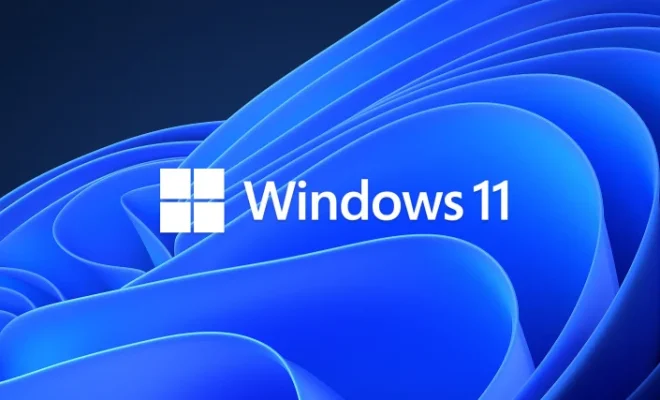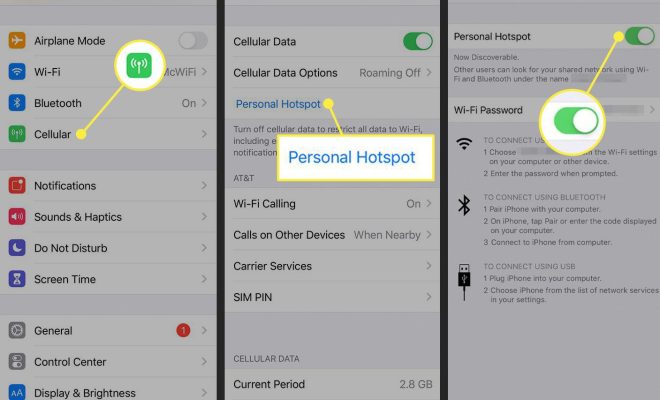Is There a 32-Bit Version of Windows 11?

The release of the new operating system, Windows 11, has been the talk of the town ever since it was announced. However, many users have been left confused about whether there will be a 32-bit version of the new OS or not. In this article, we will explore this question and provide you with the answer.
To begin with, it is important to note that the previous version of Windows, Windows 10, was available in both 32-bit and 64-bit versions. However, Microsoft has confirmed that Windows 11 will only be available in 64-bit format. This means that if you are currently running a 32-bit version of Windows, you won’t be able to upgrade to the new OS unless you have a 64-bit processor.
The decision to discontinue the 32-bit version of Windows 11 was made by Microsoft in order to focus on providing a more modern, secure, and efficient operating system. The company’s goal is to encourage users to upgrade their hardware to more advanced systems that are capable of running the 64-bit version of the new OS.
One of the main advantages of the 64-bit architecture is that it allows for access to higher amounts of memory. This means that the new OS can handle more demanding applications and workloads, providing a smoother and more efficient experience for the user. Moreover, the 64-bit version of Windows 11 is optimized for use on modern hardware, providing enhanced security and compatibility with the latest features and technologies.
In conclusion, if you are currently running a 32-bit version of Windows, you won’t be able to upgrade to Windows 11 unless you have a 64-bit processor. Microsoft has discontinued the 32-bit version of the OS in order to provide users with a more modern, secure, and efficient platform. While this decision may cause inconvenience to some users, it is a necessary step towards providing a better user experience and encouraging the adoption of newer and more advanced hardware.





